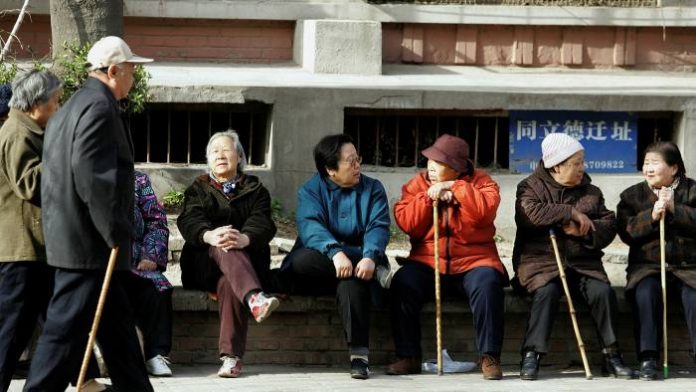Concerns are being raised regarding the Chinese government’s recent announcement of plans to gradually increase the nation’s mandatory retirement age.
The move has sparked deep concern among working and middle class citizens, many of whom may now have to work for years more than planned and are scrambling to get their finances in order.
Critics have raised concerns about the effect of the change on consumption, fertility rates and investments.
China’s retirement age has for decades remained unchanged at 60 for men and 50 for most women.
But like its East Asian neighbours, China’s population is rapidly ageing and its fertility rates are seeing a rapid fall – setting the scene for a demographic time bomb that could potentially put the brakes on the nation’s economic growth.
To cope, Beijing announced early this month in its new five-year plan for 2021-25 it would extend the retirement age.
However, the move has struck a nerve with average Chinese, especially those born after 1970.
The issue can arguably be traced back to the controversial ‘one child’ policy in 1980 to reduce the nation’s fast-growing population. It led to a sharp decline in the country’s fertility rate, from 5.81 in the 1970 to 2.31 in 1990, according to official data. It fell to 1.048 in 2019, three years after Beijing allowed Chinese couples to have two children.
At the same time, China’s population was rapidly ageing.
In 2019, 254 million Chinese were aged 60 or above, accounting for 18.1 percent of the total population, with 176 million older than 65, making up 12.6 percent of the population. By 2050, China will have more than 500 million people above 60 years old, nearly one-third of the projected population, said a China Development Research Foundation report released in 2020.
Pushing back the retirement age could also delay the childbearing age in China and further reduce the country’s fertility rate, due to the high opportunity cost of childbirth and dearth of affordable childcare, some critics and research have suggested.
Adding to workers’ concerns is the fact there is very little opportunity for public discussion of the proposed changes. The public was last consulted on a large scale about delaying the retirement age nine years ago, when 62,106 respondents expressed their opposition and 2,584 rest were in support.





















